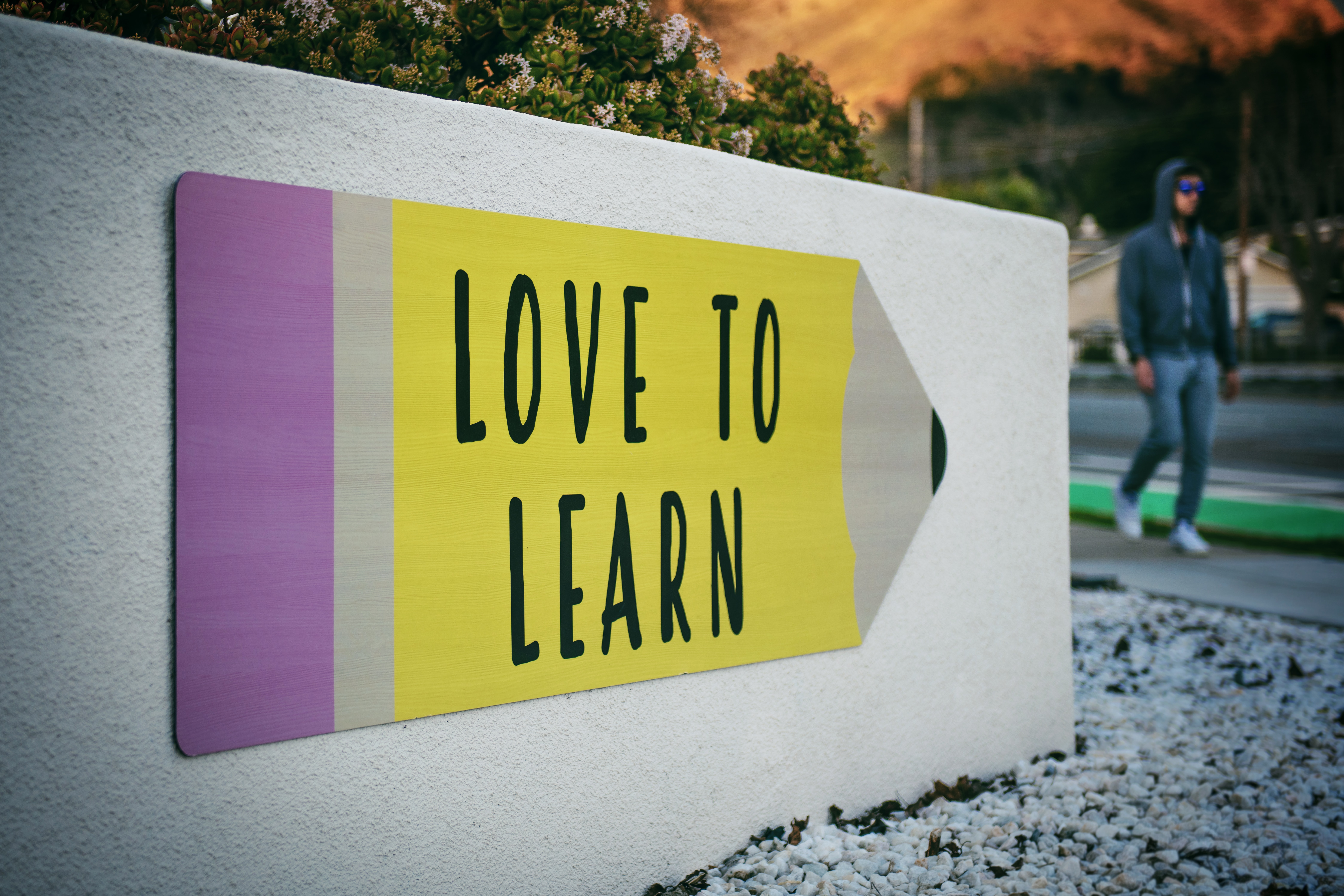Writing a dissertation can be stressful, especially without guidance, support, and consistency. Learning how not to procrastinate can be tricky, but it is important if you want to have a stress-free dissertation.
Many students make the mistake of wanting to complete the task as fast as possible and get overwhelmed with all the tasks they have to get done. This approach will get you in trouble because it'll get you stressed and most likely put you in a fight-or-flight mode which will make you avoid getting any work done.
This is why you need to break the big picture into small steps. For instance, what do you need to get started? Once you figure out how to get started you can move on to figuring out other things like coming up with a thesis, figuring out how much time you'll need to complete your paper, completing your research, and more.
Stress is caused when you are overwhelmed or fall behind. However, if you are consistent with your efforts, you won't get stressed during the process and you'll graduate from school in no time. Keep in mind that stress is bad for both your mental and physical health and it has no positive effect on anyone's life.
The dissertation or thesis is a research paper that all students seeking an undergraduate, graduate, or post-doctorate (Phd) diploma have to write.
The general idea is for the student to show what they've learned throughout their years in university with a research project they created, investigated, wrote, and analyzed findings for.
In this blog, you'll learn how long it takes to write a dissertation, what are tips to manage your time better, how to get started with your dissertation, and what you should avoid doing.

How long does it take to write a dissertation?
There is no exact time frame for a dissertation because there are different factors that can make the process longer or shorter. For example, it can sometimes depend on your school or university if you even have to do a dissertation. If the school does require the student to do a dissertation, different schools have different guidelines and timeframes.
Another factor that can make the time vary is whether you are getting an undergraduate, graduate, or doctorate (PhD) degree. The levels of difficulty increase with each diploma.
The students who turn in their dissertations might be doing it at different times. For instance, one student could be working on their dissertation for an entire year, some else might be doing theirs' since the summer, and some people might have gotten started in September.

The time frame isn't relevant as long as you complete your project by the end of the term. Keep in mind that to complete a dissertation you need to have finished your research, writing, analysis of findings, conclusions, and so on.
The time of completing a dissertation may vary depending on how many hours per week you're dedicating to your final project. You can dedicate two hours per week or you can dedicate five hours per week.
You can work on your dissertation or thesis for six months or you can even take up to a year. Some factors are out of your control, but others are definitely under your control.
If you feel like you're going to need extra help to finish you can hire a tutor from Superprof. They can help you study but they can also help you get your final copy done. A tutor will provide support, good advice, and guidance to people in need of it.
Here is where to find an experienced dissertation coach on Superprof.
How do you manage time in a dissertation?
Learning to manage your stress will also teach you how to manage your time. For instance, someone might have the day free and choose to play video games all day instead of getting something done.
By the end of the day, this person might feel frustrated and stressed with all the things they have to do the next morning or the next week.
If you learn to manage your time, you'll avoid playing video games and use your spare days to go do some research in the library for a couple of hours.

To become more productive while doing your dissertation or thesis check out the following advice:
- Eliminate distractions
- Get support from friends, teachers, or a tutor
- Understand what is a good environment for you (could be the library or your bedroom, depends on you)
- Find a balance between sleep, writing, studying, and paying attention to your mental and physical health
- Follow the advice you get
- Dominate the urge to procrastinate and get to work
- Eliminate bad habits from your life
If you feel like you are stuck in a step or you've done your best to collect your findings but don't know what to do from there, we recommend you ask an expert. You can study with the guidance of a private tutor from Superprof and get a way to become unstuck with the guidance of a tutor.
To learn more tips about the best way to manage your time, read more about the psychology behind procrastination.
How do you start writing a dissertation?

Before you begin you have to make sure you've completed the other steps of your project. Do you have a topic? Did you finish your research? If your topic is in the sciences, did you follow the research method? Did you collect all the data necessary to conclude? Do you have positive or negative findings?
If you've finished with all of those steps, then you are ready to begin the writing process. Now, don't forget that writing a research essay is not the same as writing a literature essay, an article, or a blog post.
You have to pay attention to every aspect of your writing. Are you using academic language? Are you using correct grammar? Did you check your punctuation? You'll put into practice all the things your English teacher would nag you about when you were younger.
Many believe that the first thing you write is the literary abstract, however, the abstract is the last thing you should do when you are doing a dissertation.
You can get started with the introduction and then move on to an overview. Once you have those you can continue writing about your finding, add your analysis of results, and so on. You'll wrap up your paper with a conclusion and citations and then continue to do the abstract.
What should you not do in a dissertation?
Many ask about the things they should do for their dissertation, however, it is equally important to understand what not to do during the months you are working on your thesis.

Below, there's a list of what not to do:
- Plagiarise someone else's project: plagiarism is a big offense and it usually has severe consequences. Don't think you are smarter than your institution, especially in today's age when schools have all the technology to scan papers and make sure everything is original.
- You are not an inventor: don't try to create or invent something from scratch. Your project has probably already been done, but what you can do is turn the topic around and make it your own.
- Do not procrastinate: it might seem like an impossible task to be consistent and work daily towards your goal, but it is much better than procrastinating and having to write the last 15 pages in one night. Take care of your health!
- Do not get distracted: if you get distracted by music, do not play music while you're writing. If sitting down in silence sends you to sleep, try to have some sort of stimuli around you. If having friends around is distracting, find a quiet place to work and see your friends tomorrow or during the weekend. Learn your limitations, strengths, weaknesses, and virtues.
- Do not expect your tutor to do anything for you: the tutor is there to guide and support you, but they are not going to do anything for you, that is up to you!
Remember that you can search for private tutors right here on Superprof. You can start your search by going to our homepage, putting your subject of interest and location, clicking the search button, and checking out what profiles pop up.
Then, you can reach out to any tutor whose rates fit your budget, who has experience in your field of interest, and whose teaching methods are of interest to you. Some tutors offer the first lesson free to allow students to see what their lessons are like.
Résumer avec l'IA :
















This blog provides a clear and structured approach to writing a dissertation, making the process easier for students. The step-by-step guidance on research, writing, and editing is highly informative and practical. It’s a great resource for anyone looking to improve their academic writing skills.
Thank you for your comment! We’re happy you enjoyed the article. 😊